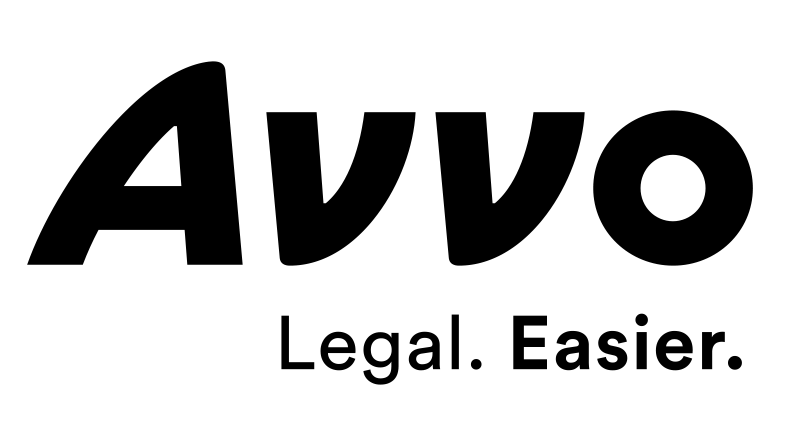Special Needs Guardianships
What Happens When My Child Turns 18?
We can help you explore whether a Guardianship or Power of Attorney and Supported Decision Making is right for you and your family.
DDD Guardianships:
Self-determination is a cornerstone of our democracy, our autonomy, our being. Deciding for ourselves what is acceptable and what is unacceptable is paramount. But what happens when we are no longer able to decide for ourselves? Who will make the decisions for us?
Deciding to obtain guardianship over your adult child or needing to obtain Guardianship over a sibling or family member with a disability is not an easy decision.
When faced with the decision to obtain guardianship over a loved one, it is likely that alternatives like Supported Decision Making are no longer an option. We can help.
What is a Guardian?
A Guardian is a Fiduciary for an incapacitated person. An application for Guardianship seeks a judicial determination that the alleged incapacitated person lacks the capacity to govern himself and his affairs and is in need of a Guardian of the person or the estate or both.
The application for Guardianship seeks appointment by one or more individuals to act as Guardian for the alleged incapacitated person. Recently new rules and procedures were put in place to provide more court oversight over Guardians, including background checks and mandatory training for Guardians.
Guardians are typically required to submit annual reports and accountings to the Court. Additionally, depending on the circumstances, more thorough and complete background checks may be required before the Court will appoint someone to govern the finances or the person of an alleged incapacitated person.
DDD (Division of Developmental Disabilities)
Disabled Adults who are eligible and receiving benefits from the Division of Developmental Disabilities (DDD) because of an intellectual, developmental, or cognitive delay may benefit from a Guardianship. There are plenary Guardianships, Limited Guardianships, and Temporary Guardianships. We can help you decide which one is right for your family based on your unique circumstances.
A Guardian of the Person has decision making authority for things like where the ward can live, and who the ward can associate with. A Guardian of the Estate is responsible for the funds and real property that come into the hands of the ward, i.e. SSI benefits. The Guardian of the person may also act as the Representative Payee for the ward.
A Guardian must account for all of the funds managed on behalf of the ward. It is important that the Guardian of the Estate be aware of and follow all of the eligibility requirements for any governmental programs that the ward may be receiving such as SSI and Medicaid
DDD Eligible
Adults who are DDD eligible may benefit from a Guardianship.
Depending on the needs of the individual and the level of capacity a limited or temporary Guardianship, or supported decision making arrangement may be appropriate. Supported Decision Making uses a Power of Attorney and a Person Centered Approach to Planning (PCAP).
While the requirements related to governmental benefits may differ in some aspects, it is still imperative that a Guardian of the person and the Estate be aware of all of these requirements. A loss of benefits may be detrimental to the Ward.
Mental Illness (Special Medical Guardianships)
When a loved one is in crisis nothing else matters.
When you are helpless to assist your loved one the outlook can seem even more bleak. There are solutions. One solution is an application to appoint a Special Medical Guardian to permit your loved one to receive needed treatment.
In limited circumstances, the Court may appoint someone to act as a Special Medical Guardian to consent to treatment when a loved one who is incapacitated is unable to consent to certain treatment.
Supported Decision Making
An individual must have the capacity to sign a Power of Attorney.
Using the Power of Attorney, an individual (the Principle) is supported by a group of people who come together using the Person Centered Approach to Planning This supports the Principle in making decisions about lifestyle, housing, employment, activities and community.
Bercik Law combines decades of experience with a wide range of estate planning and litigation matters, including will contests, breach of fiduciary duties, contested administrations, accountings and guardianship disputes.
Involved in a dispute? Please tell us more, we are here to listen…
Book An Appointment
Schedule an Appointment With One of Our Attorneys Today!




NAVIGATION
OFFICE HOURS
Monday-Friday 9:00 am to 3:00 pm
Closed Saturday and Sunday
CORPORATE OFFICE
Revmont Park
1161 Broad Street
(Rt. 35 North)
Suite #216
Shrewsbury, NJ 07702

ABOUT BERCIK LAW
The attorneys at Bercik Law are committed to a robust and proactive approach to achieve results for our clients in estate, trust, and guardianship litigation matters. Read more...
Copyright © 2025 - Bercik Law. All Right Reserved
Web Design by John Rod and Co.


